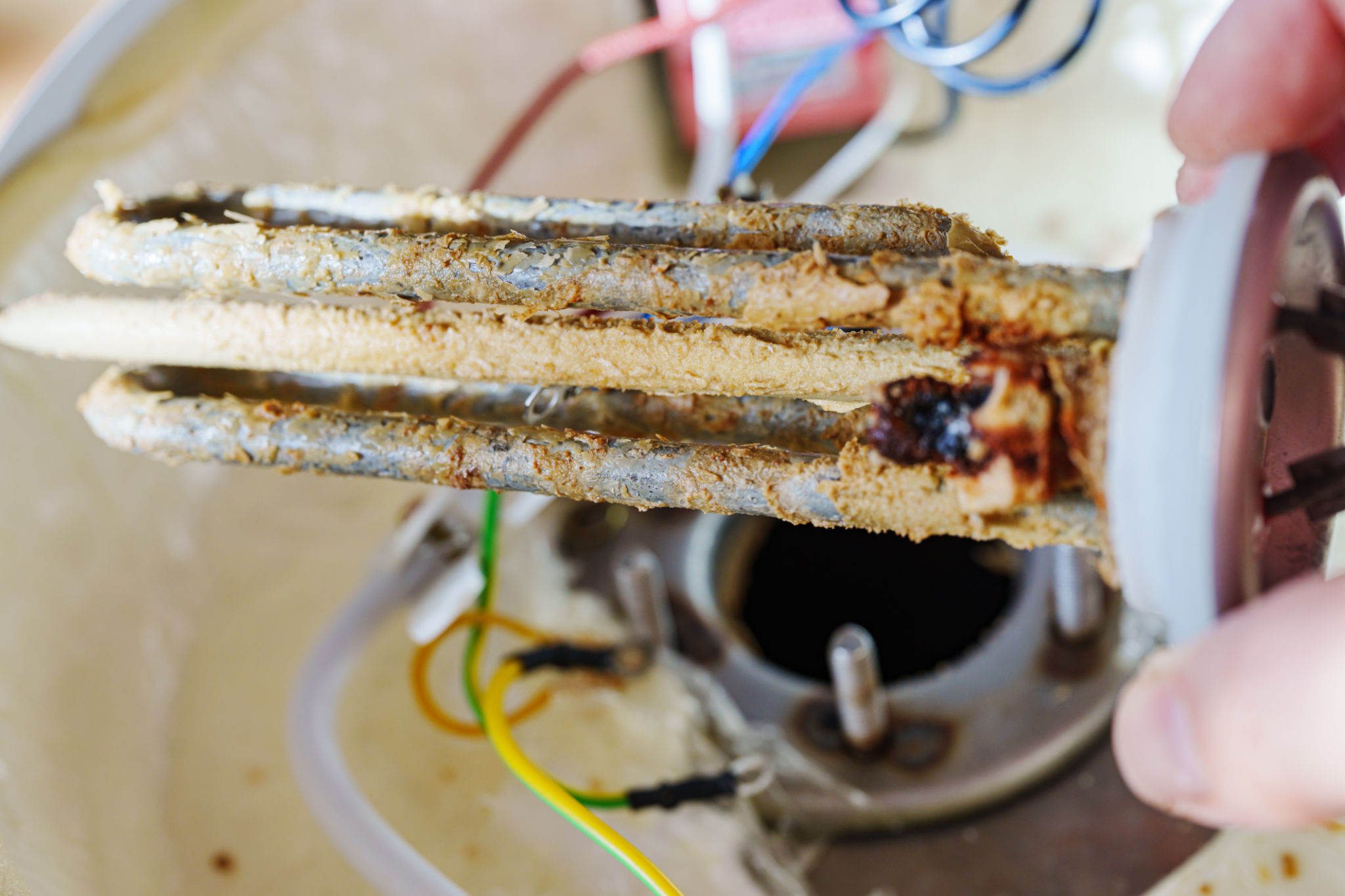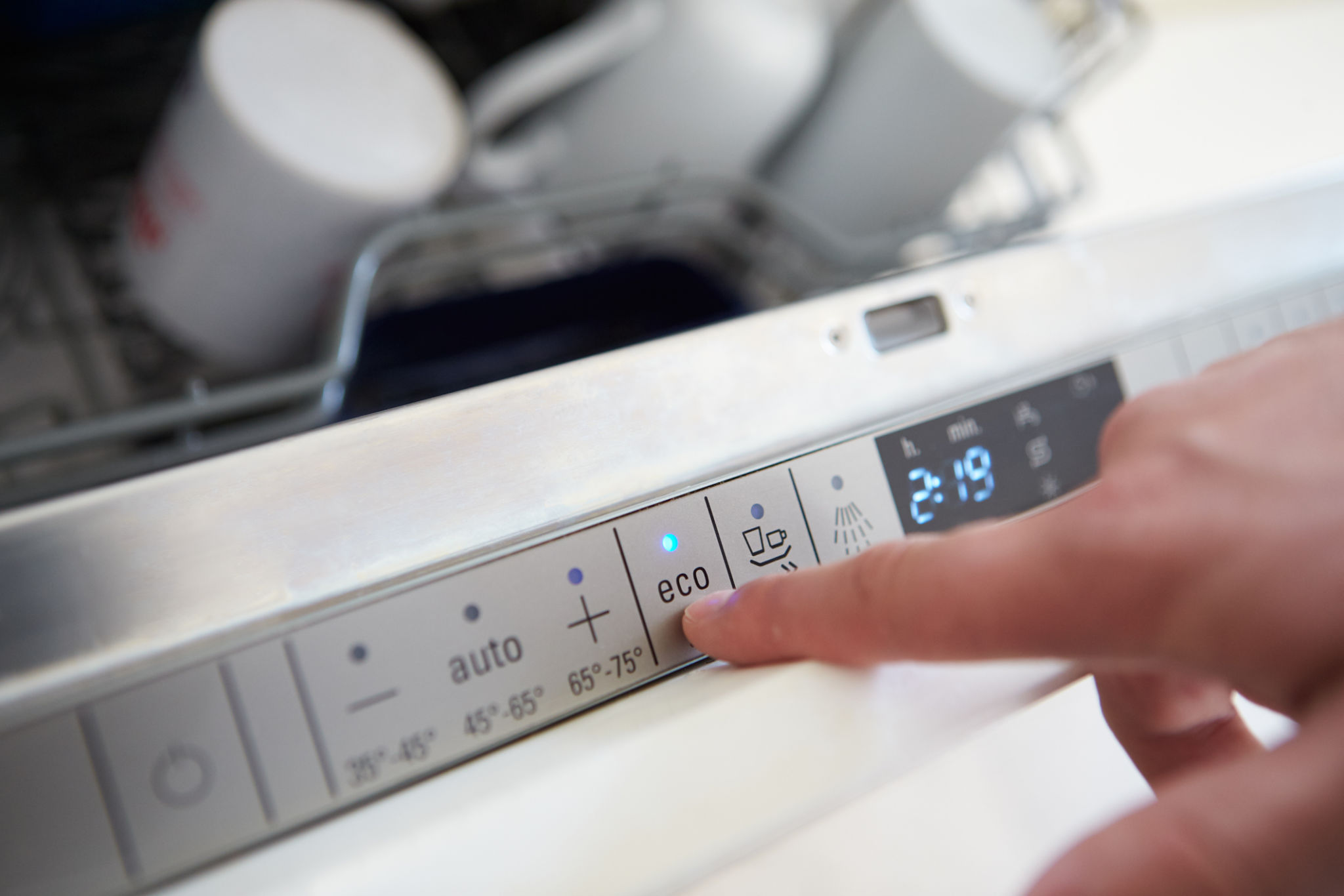Comparing Tankless vs. Traditional Water Heaters: Which is Right for You?
HG
Understanding Water Heaters
When it comes to heating water in your home, choosing the right water heater is crucial. Two main types dominate the market: tankless and traditional water heaters. Each has its own advantages and disadvantages, and understanding these can help you make an informed decision that suits your needs.
Traditional water heaters have been around for decades. They store a large amount of water in a tank and keep it heated at all times, ready for use. On the other hand, tankless water heaters, also known as on-demand water heaters, heat water only when needed, offering energy efficiency and space-saving benefits.

Cost Considerations
One of the first things homeowners consider is the cost. Traditional water heaters are typically less expensive to purchase and install compared to their tankless counterparts. However, they can be less energy-efficient over time, potentially leading to higher utility bills.
Tankless water heaters often come with a higher initial price tag and installation cost. However, they are more energy-efficient because they heat water only as needed. This efficiency can lead to significant savings on energy bills over time, offsetting the initial investment.
Installation and Space Requirements
Traditional water heaters require a larger space since they need to accommodate a sizable tank. This can be a limitation for homes with limited space. Installation is relatively straightforward and often less costly than tankless systems.

Tankless water heaters are compact and can be installed in smaller spaces, even mounted on walls. However, they may require more complex installation work, such as updating your home's electrical system or gas lines, which can add to the overall cost.
Energy Efficiency and Usage
Energy efficiency is a significant factor for many homeowners. Traditional water heaters maintain a large reservoir of hot water, continuously using energy to keep the water at a set temperature. This can lead to energy wastage, especially when hot water is not in use.
In contrast, tankless water heaters heat water only when it's needed, which can reduce energy consumption by up to 30%. This efficiency not only saves money but is also better for the environment.

Performance and Convenience
Traditional water heaters provide a steady supply of hot water, but once the tank is empty, you'll need to wait for it to refill and reheat. This can be inconvenient for larger households or during peak usage times.
Tankless models provide an endless supply of hot water on demand, making them ideal for families who use a lot of hot water or have high-demand situations, like simultaneous showers or laundry loads.
Durability and Lifespan
The lifespan of your water heater is another crucial consideration. Traditional water heaters typically last between 10 to 15 years. Regular maintenance can help extend their lifespan but expect eventual replacement costs.
Tankless water heaters generally have a longer lifespan, often lasting over 20 years with proper maintenance. This durability can make them a worthwhile investment despite the higher initial costs.
Making Your Decision
Ultimately, choosing between a tankless and traditional water heater depends on various factors, including your budget, space availability, energy efficiency goals, and household hot water needs.
Consider consulting with a professional plumber or HVAC specialist who can assess your specific needs and provide tailored recommendations that align with your home's infrastructure and your personal preferences.